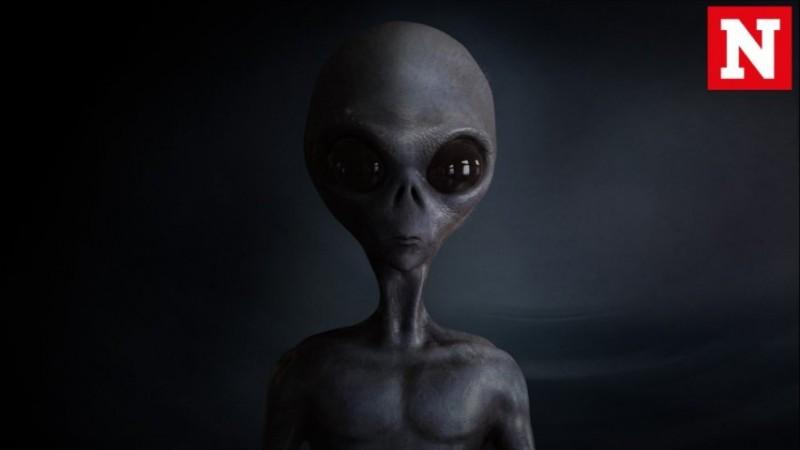
Several space experts and a section of conspiracy theorists have long been claiming that Mars was once home to an advanced alien civilisation. However, until now no space agencies including NASA has succeeded in finding authentic proof of alien presence on the Red Planet. Now, a team of Hungarian researchers has revealed that a Martian meteorite named ALH-77005 from the Allan Hills section in Antarctica could hold the clue of extraterrestrial existence on Mars.
Their study report published in the Journal Open Astronomy revealed that the material in the Martian meteorite is very similar to that produced by iron-oxidizing microbes on Earth.
"Our work is important to a broad audience because it integrates planetary, Earth, biological, chemical and environmental sciences and will be of interest to many researchers in those fields. The research will also be of interest to planetologists, experts of meteorite and astrobiology as well as researchers of the origin of life, and to the general public since it offers an example of a novel aspect of microbial mediation in stone meteorites," said Ildiko Gyollai a scientist at the HAS Research Centre for Astronomy and Earth Sciences in Budapest, and the lead author of the study, Earthsky.org reports.
Experts believe that this new finding could revolutionise human understanding about extraterrestrial life on Mars.
The ALH-77005 Martian meteorite was discovered in 1977 during the Japanese National Institute of Polar Research mission. Experts believe that this meteorite is at least 175 million years old, and it is composed of igneous rocks.
A few weeks back, a study report published in the Journal of Astrobiology and Space Science had suggested that alien life forms, in its basic form, might be thriving on Mars. The research report revealed that 15 photos taken by NASA's Curiosity Rover have featured possible living forms like algae, lichens, and mushrooms.









!['Had denied Housefull franchise as they wanted me to wear a bikini': Tia Bajpai on turning down bold scripts [Exclusive]](https://data1.ibtimes.co.in/en/full/806605/had-denied-housefull-franchise-they-wanted-me-wear-bikini-tia-bajpai-turning-down-bold.png?w=220&h=138)



